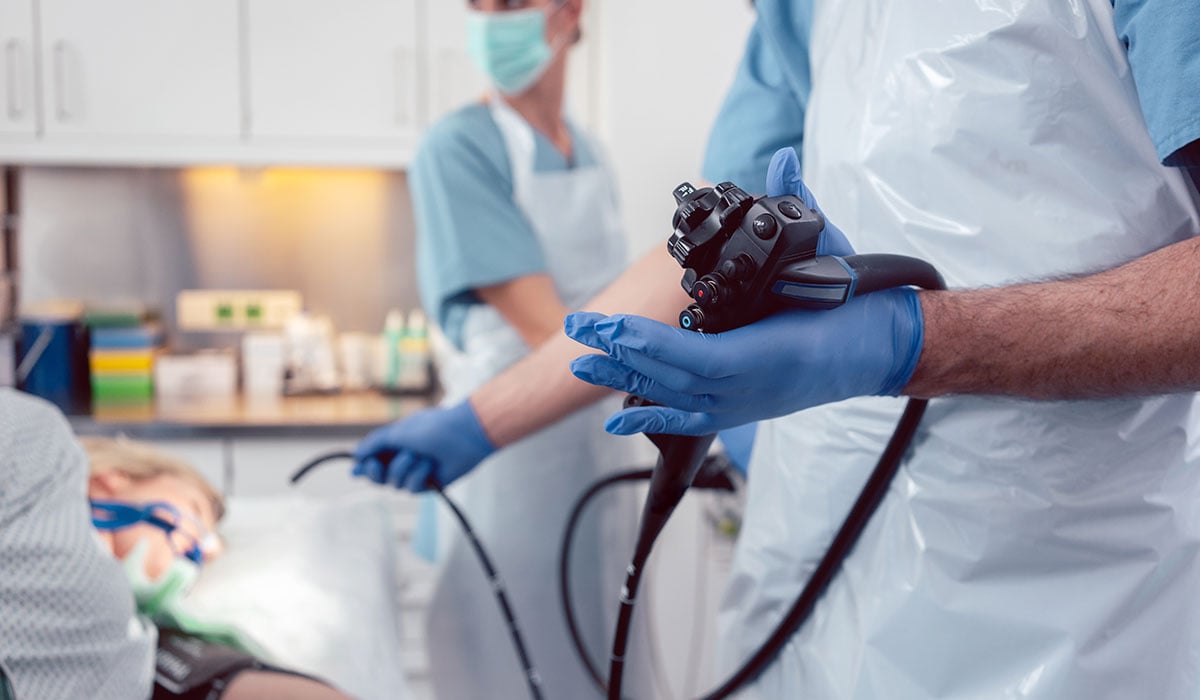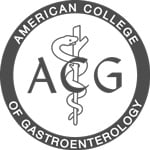Together, colon and rectal cancers (often referred to as colorectal cancer) are the third most common type in the United States, with an estimated 145,600 new cases and 51,020 deaths expected in 2019. You can significantly lower your risk of developing advanced colorectal cancer by knowing your risks and taking proactive screening measures to detect polyps. If all adults over the age of 45 received preventative screening, as is recommended by the American Cancer Society, thousands of colorectal cancer-related deaths could be avoided, each year.
Colorectal Cancer Risk Factors
Age: Some risk factors like diet, exercise and smoking are within your control, but this one is unavoidable. Your risk for colorectal cancer increases with age, which is why it's so important to get screened at the recommendation of the American Cancer Society by the age of 45.
Family History: If you have a first-degree relative (a parent, sibling or child) who has been diagnosed with colon cancer prior to their 60th birthday, you should have a screening colonoscopy by age 40, or 10 years sooner than the youngest diagnosis within the family. If you have a second- or third-degree relative who has been diagnosed, follow regular testing parameters (begin testing at age 45).
Diet & Exercise: According to the American Cancer Society, to prevent cancer, adults should get at least 150 minutes (two and a half hours) of moderately intense physical activity, or 75 minutes of vigorously intense activity, per week. Being overweight can increase your chances of developing certain cancers.
Smoking: Like most cancers, smoking cigarettes greatly increases not only your risk of developing colorectal cancer, but also your chances of dying from the disease. Cigarette smoking enhances cell-damaging free radicals into the body, which can cause precancerous polyps to develop. Need help quitting?
Drinking: Consuming alcohol is associated with the development of several cancers, including mouth, throat, esophogeal, liver, breast, and colorectal. According to the American Cancer Society, alcohol may also increase the risk of cancers of the pancreas and stomach. In the case of colorectal cancer, bacteria that usually reside in the colon and rectum can transmute alcohol into a cancer-causing chemical called acetaldehyde.
Preventative Screening: Colorectal cancer most often begins as precancerous polyps that often exist without any symptoms. Screening tests, such as a colonoscopy, help to detect and remove polyps before they become cancerous. If you are at heightened risk due to any of the aforementioned reasons, schedule a consultation with your gastroenterologist to see if preventative screening is right for you.
Experience, Expertise & Early Detection
Gastroenterology Associates (GA) is a renowned private group gastroenterology practice in Uniondale, NY specializing in high-quality digestive healthcare for patients experiencing a wide range of disorders. Long Island Center for Digestive Health (LICDH) is a distinguished non-hospital outpatient facility providing advanced diagnostic testing and procedures, including upper endoscopy, colonoscopy, and more. Together, they offer patients a unique digestive health experience defined by comfort, convenience, and exceptional, personalized quality care.
To learn more, or to schedule your screening, contact us today. It could just save your life. Don’t wait.
Topics: colorectal cancer












